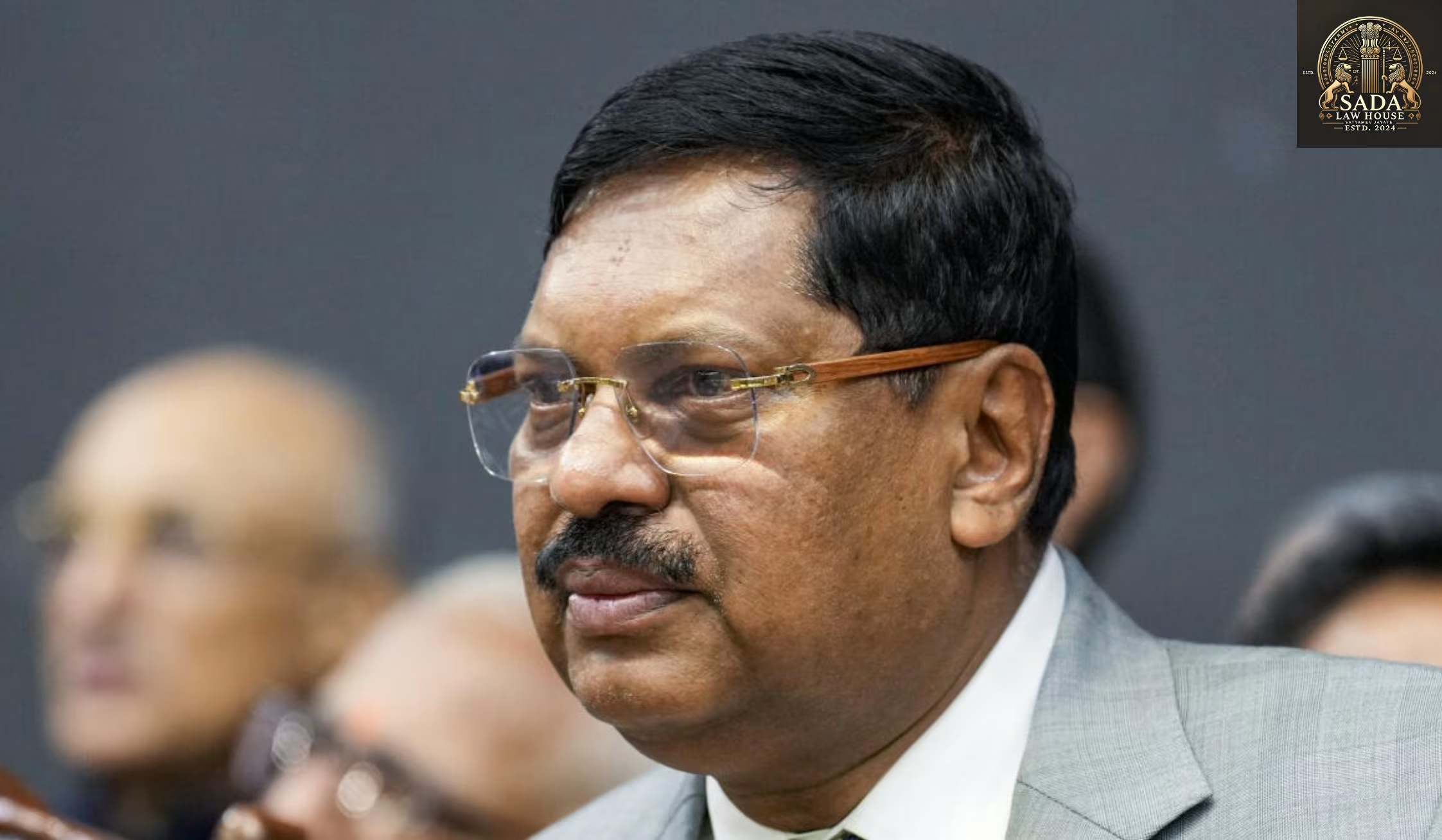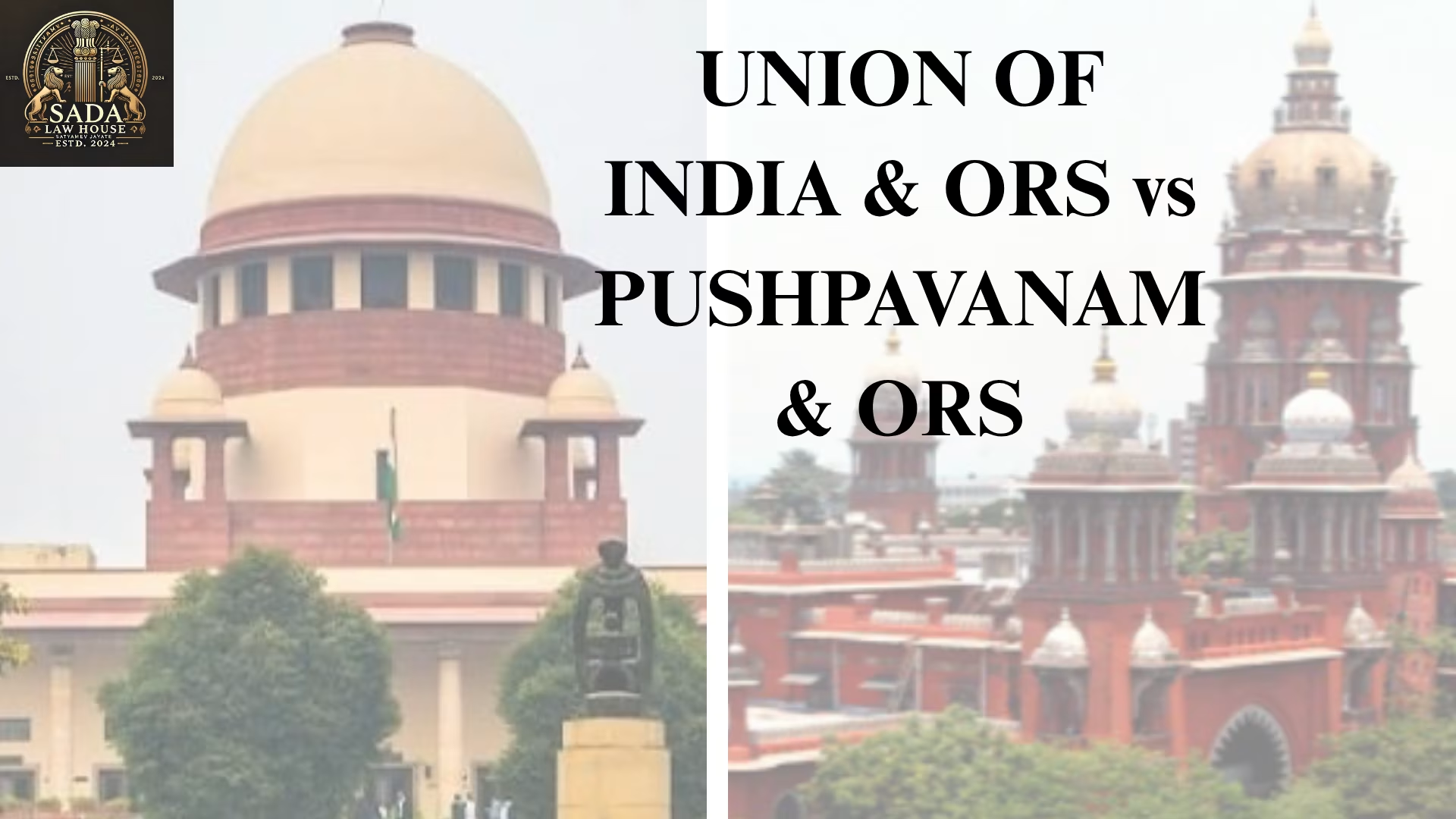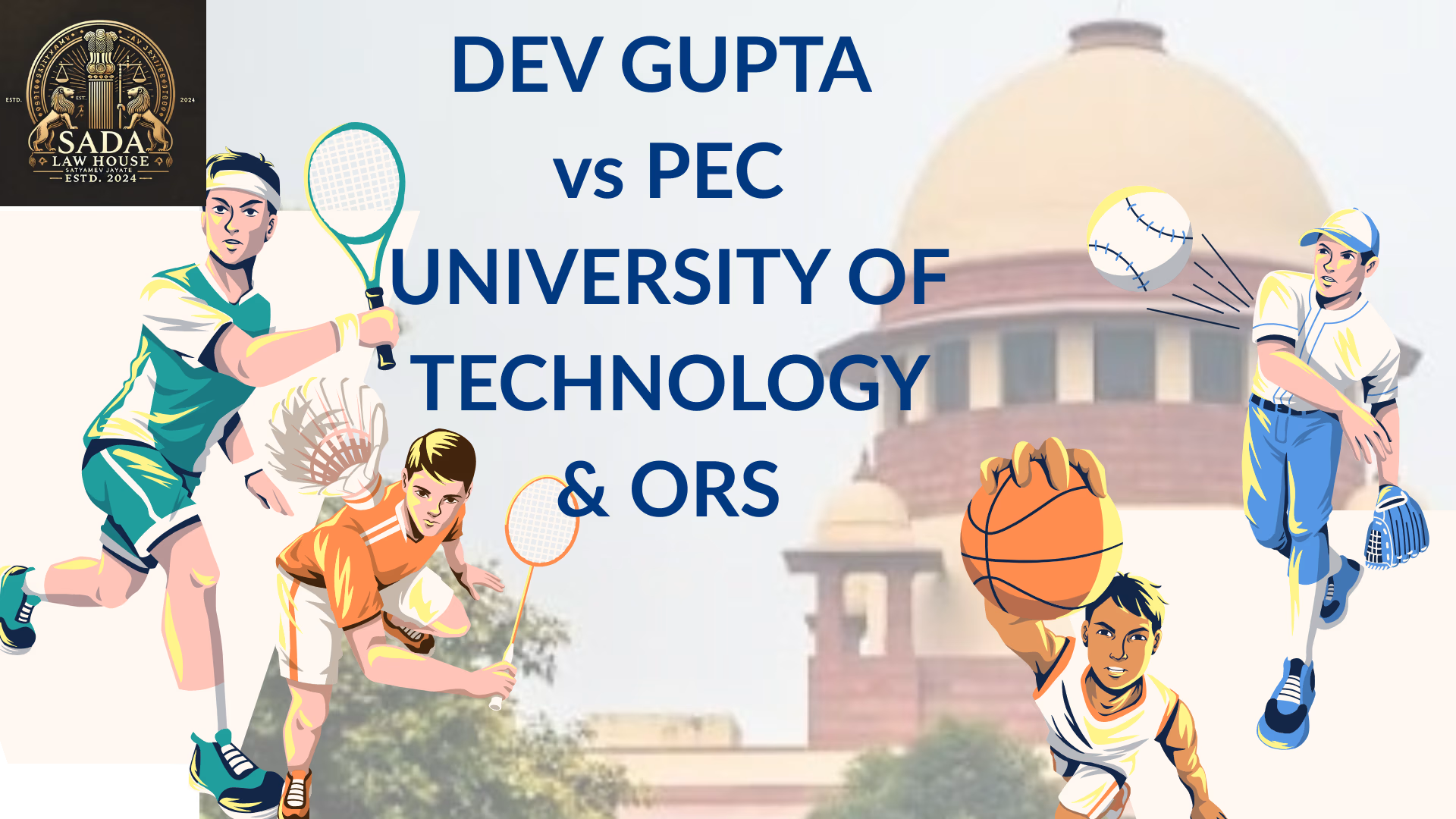Chief Justice of India Warns Against Judicial Terrorism Amid Government Overreach Concerns
- Prabhat Kumar Biltoria
- 13 June 2025

Chief Justice BR Gavai highlights the importance of judicial activism without crossing into judicial terrorism. He addresses concerns over judicial overreach while emphasizing the judiciary’s role in protecting India’s constitutional rights.
Introduction: Judicial Activism vs Judicial Terrorism
Chief Justice of India BR Gavai recently addressed a critical issue in Indian democracy — the fine line between judicial activism and what he terms “judicial terrorism.” Speaking at the Oxford Union during a conversation with Indian students at Trinity College, Oxford, Chief Justice Gavai emphasized that while judicial activism is a vital part of India’s democratic framework, it must not overstep its boundaries.
Judicial Overreach and Government Concerns
In the backdrop of government accusations of judicial overreach, Chief Justice Gavai clarified the judiciary’s role. He warned against courts exceeding their mandate, stating, “Judicial activism is here to stay. However, judicial activism must not devolve into judicial terrorism.” Gavai explained that judicial intervention is justified only in exceptional circumstances, such as when laws violate the Constitution of India’s basic structure or infringe upon fundamental rights.
When Should Judicial Review Be Applied?
Chief Justice Gavai stressed that judicial review should be exercised judiciously and sparingly. It is appropriate only when:
A statute conflicts directly with fundamental rights guaranteed by the Constitution
A law violates the basic structure of the Constitution
Legislation is manifestly discriminatory or arbitrary
This limited but crucial role safeguards citizens’ rights while maintaining the balance of power among the judiciary, legislature, and executive.
Insights from Justice Surya Kant on Judicial Restraint
Echoing Chief Justice Gavai’s caution, Justice Surya Kant, in his keynote speech at the Envision India Conclave, highlighted the importance of respecting the legislature’s role. Kant remarked, “Courts must not override the people’s will but should facilitate democratic dialogue, protect the vulnerable, and uphold the rule of law even in politically uncertain times.” Both jurists agree that judicial overreach threatens this delicate balance of power.
The Constitution: A Quiet Revolution for Justice and Equality
Chief Justice Gavai, the second Dalit and first Buddhist to lead India’s judiciary, called the Constitution a “quiet revolution etched in ink.” He praised its transformative power, which guarantees rights and uplifts historically oppressed communities. This view underscores the judiciary’s responsibility to protect and empower all citizens.
A Call to Indian Students Abroad: Return and Build Bharat
Addressing Indian students studying in the UK, Chief Justice Gavai urged them to return home and contribute to nation-building. “Your only attraction is that once you have finished your studies, you do not stay here,” he said. “Return to India and help make Bharat a robust global power. Bharat needs you.”
Conclusion: Upholding Democracy Through Balanced Judicial Action
The comments from Chief Justice BR Gavai highlight the critical balance required between judicial activism and judicial restraint in India’s democracy. While the judiciary must remain vigilant in protecting constitutional rights, it should avoid overreach that disrupts democratic governance. As India moves forward, this balance will be essential to safeguarding justice, equality, and the rule of law.






